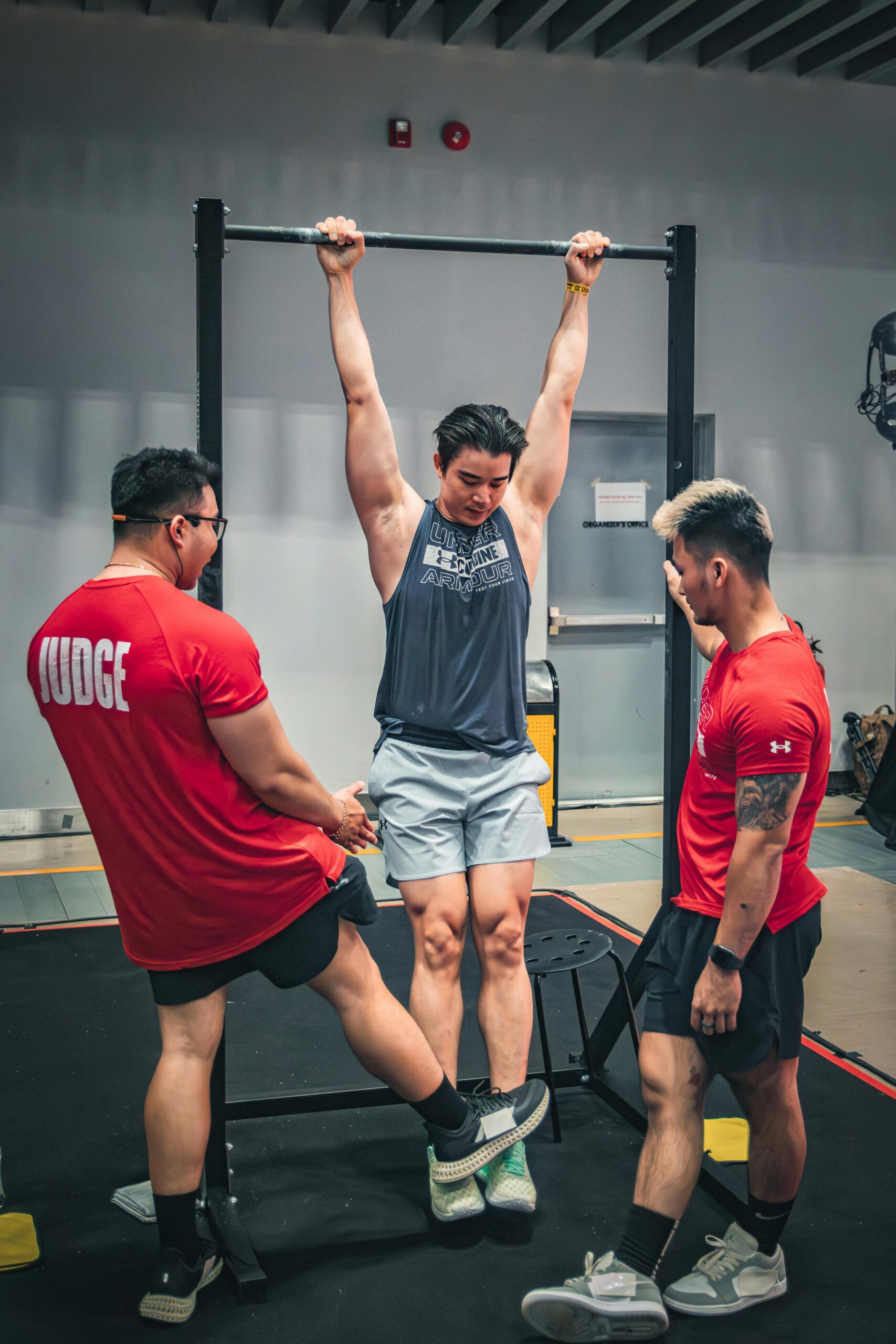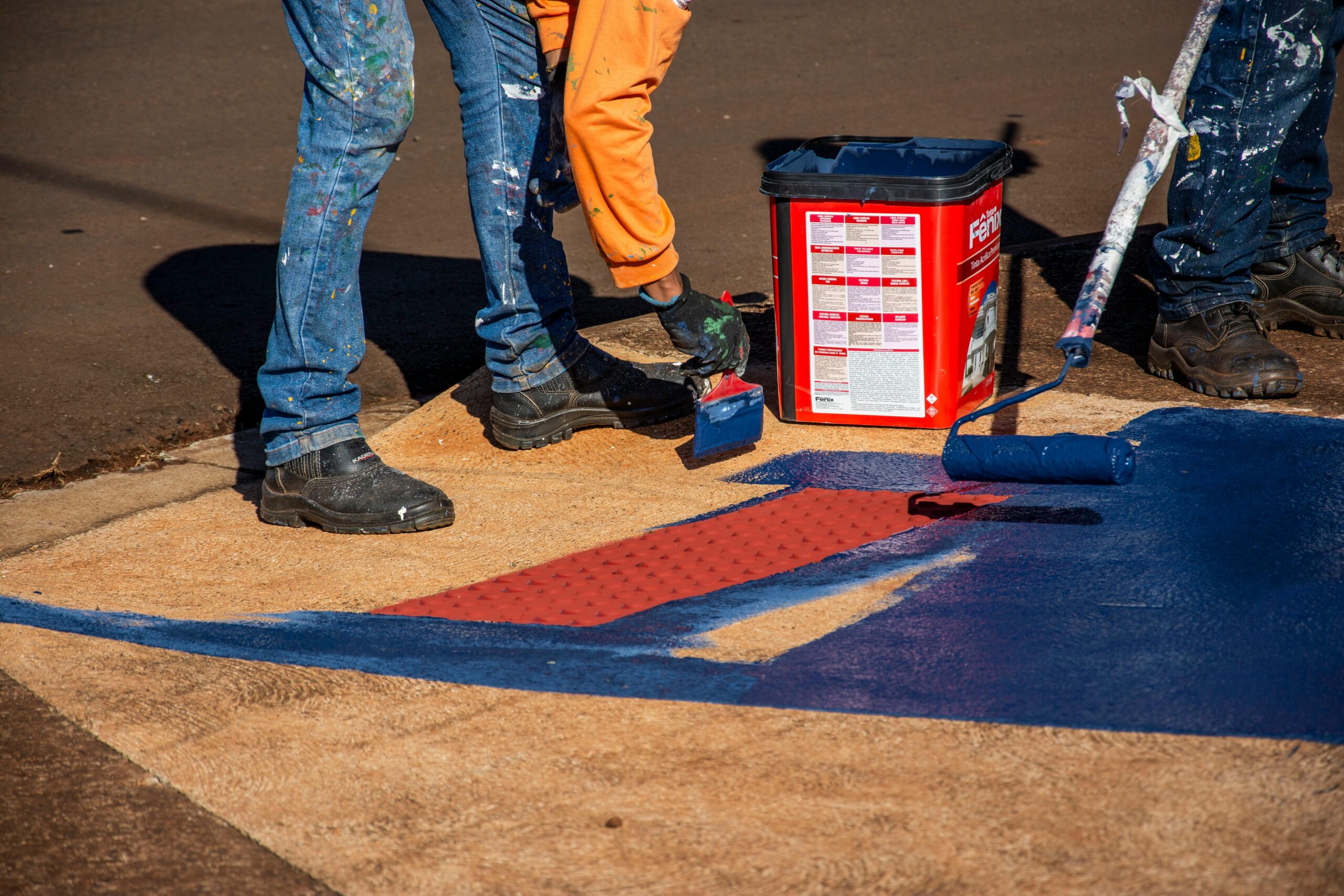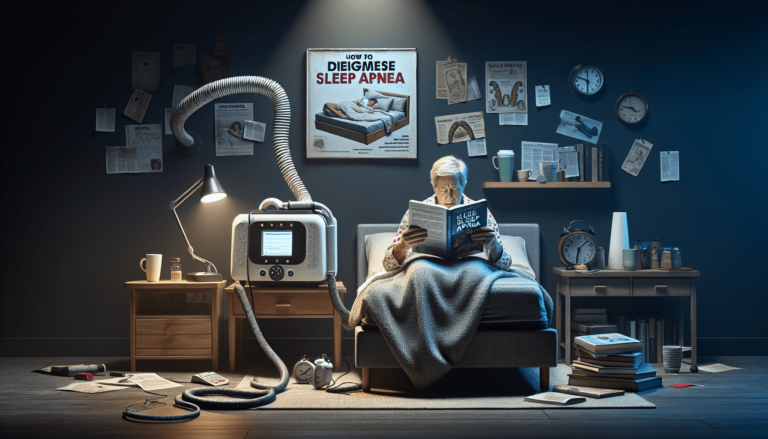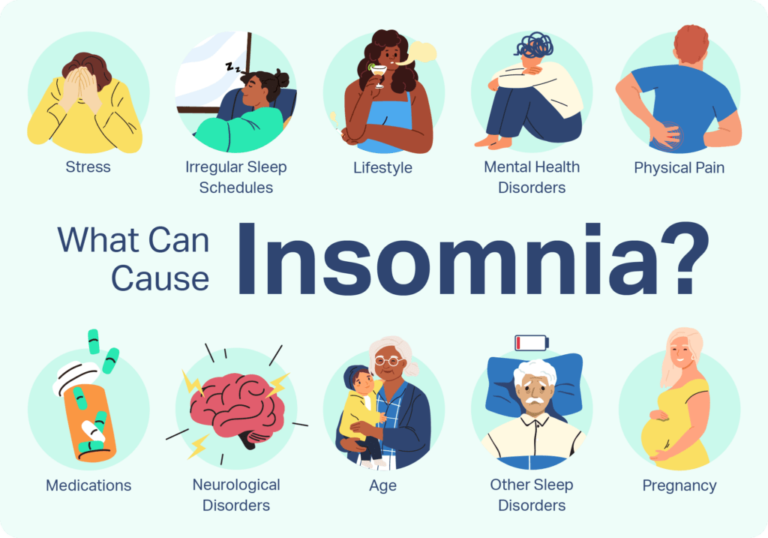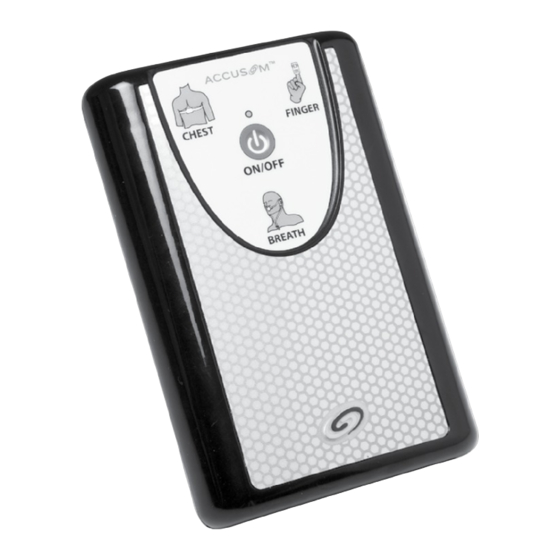Does Exercise Have Any Impact On Restless Leg Syndrome?
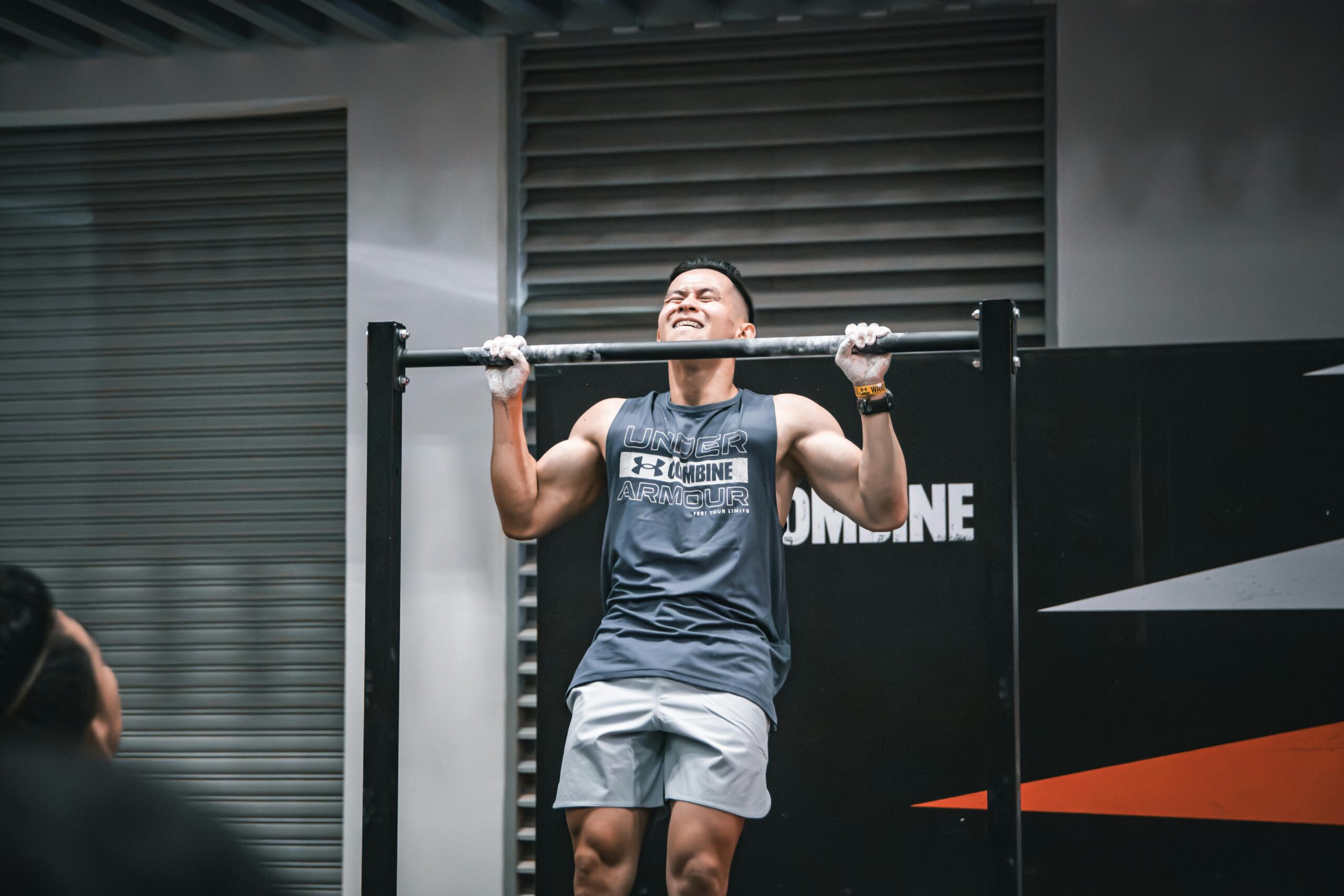
Have you ever tossed and turned at night, only to be kept awake by an uncontrollable urge to move your legs? If so, you may be dealing with Restless Leg Syndrome (RLS). RLS is a condition that affects the nervous system, causing these uncomfortable sensations primarily in the legs. You might wonder, “Does exercise have any impact on Restless Leg Syndrome?” Let’s explore this question.
Understanding Restless Leg Syndrome
Restless Leg Syndrome is a neurological disorder that manifests as an overwhelming urge to move your legs, especially when you are resting. The symptoms can be quite uncomfortable, often described as itching, tingling, or even crawling sensations deep within your limbs.
Symptoms of RLS
The primary symptoms include:
- Uncontrollable Urge to Move: An intense need to move the legs, brought on during periods of inactivity.
- Worsening Symptoms in the Evening: Symptoms often get worse in the evening or at night.
- Temporary Relief with Movement: Moving the legs relieves the discomfort but only temporarily.
- Sleep Disturbances: Due to symptoms being worse at night, achieving restful sleep can be difficult.
Causes and Risk Factors
While the exact cause of RLS remains unclear, several factors are believed to contribute to its development:
- Genetics: Family history may play a role, suggesting a genetic component.
- Chronic Diseases: Conditions like Parkinson’s disease, kidney failure, and diabetes have been linked to RLS.
- Medications: Some medications, such as antihistamines and antidepressants, can trigger or worsen symptoms.
- Lifestyle: Factors like stress, lack of exercise, and poor sleep habits can also contribute.
The Connection Between Exercise and Restless Leg Syndrome
You may be curious about the role exercise plays in managing RLS. While exercise is generally beneficial for overall health, its impact on RLS remains a bit more complex.
Benefits of Exercise for RLS
Exercise has several potential benefits for those suffering from RLS. These benefits include:
- Improved Circulation: Regular physical activity helps enhance blood flow, which could alleviate some of the discomfort associated with RLS.
- Muscle Relaxation: Stretching and aerobic exercises can help reduce muscle tension, offering some relief.
- Better Sleep: Exercise is well-known for its positive effects on sleep quality, which is particularly beneficial for RLS sufferers.
Research on Exercise and RLS
Several studies suggest that moderate exercise can indeed have a positive impact on managing RLS symptoms. For instance:
- A study published in the Journal of Neurology found that participants who engaged in moderate aerobic exercise reported significant reductions in RLS symptoms.
- The Journal of Sleep Research highlighted that patients with RLS who participated in a structured exercise program experienced improved sleep quality and decreased frequency of symptoms.
What Type of Exercise is Best?
Choosing the right kind of exercise can be crucial for those dealing with RLS.
Aerobic Exercise
Moderate-intensity aerobic exercises, such as walking, cycling, and swimming, are usually recommended. They promote cardiovascular health, enhance circulation, and have a calming effect on the nervous system.
Strength Training
While not as extensively studied as aerobic exercise, strength training exercises like lifting weights or using resistance bands can also be beneficial. These exercises help build muscle strength and improve overall body function.
Stretching and Yoga
Activities like yoga and stretching routines can also be immensely helpful. They focus on flexibility and relaxation, which can reduce muscle tension and improve blood flow.
Guidelines for Exercising with RLS
If you decide to incorporate exercise into your routine to manage RLS symptoms, it’s essential to follow some guidelines:
- Start Slowly: If you’re not used to regular exercise, start with low-intensity activities and gradually increase the intensity.
- Consistency is Key: Aim to exercise at least 3-4 times a week for the best results.
- Avoid Overexertion: Intense workouts can sometimes aggravate RLS symptoms. Stick to moderate exercise.
- Evening Workouts: Exercising too close to bedtime may actually worsen RLS symptoms, so aim to complete your workout at least a few hours before bed.
Complementary Approaches to Managing RLS
While exercise can be beneficial, combining it with other strategies can yield better results in managing RLS symptoms.
Medications
Medications can play a role in managing RLS symptoms, especially in severe cases. Medications such as dopamine agonists, anticonvulsants, and opioids may be prescribed by your healthcare provider.
Sleep Hygiene
Good sleep hygiene is crucial for managing RLS. This includes:
- Maintaining a consistent sleep schedule.
- Creating a comfortable sleeping environment.
- Avoiding caffeine and alcohol close to bedtime.
- Engaging in relaxing activities before bed, such as reading or taking a warm bath.
Diet and Nutrition
Certain dietary considerations can also impact RLS:
- Iron-Rich Foods: Iron deficiency is linked to RLS. Include iron-rich foods like spinach, red meat, and lentils in your diet.
- Magnesium and Vitamins: Supplements like magnesium and Vitamin D may also be beneficial.
Vector Sleep Diagnostic Center: Your Partner in Sleep Health
When dealing with RLS or any other Sleep Disorder, it could be immensely beneficial to consult specialists. Vector Sleep Diagnostic Center stands out as a premier facility for diagnosing and treating sleep disorders.
Expertise and Compassion
At Vector Sleep Diagnostic Center, you’ll find a team led by the renowned Dr. Dmitriy Kolesnik. With over two decades of medical experience and multiple board certifications, Dr. Kolesnik brings unparalleled expertise to the field of sleep medicine. His journey began at St. Petersburg Medical School in Russia and continued in New York in the early 1990s. Besides Sleep Medicine, he specializes in Neurology, offering a comprehensive approach to patient care.
Academic and Clinical Excellence
Dr. Kolesnik’s role as a Clinical Instructor in Neurology at Weill Medical College of Cornell University since 2004 showcases his commitment to staying at the forefront of medical research and treatment modalities. His academic involvement ensures that the Vector team is well-versed in the latest advancements in sleep medicine.
Comprehensive Care
Since 2009, Dr. Kolesnik has been the Medical Director at Vector Sleep Diagnostic Center. Under his leadership, the center has embraced cutting-edge technologies and evidence-based practices to diagnose and treat a wide range of Sleep Disorders, including RLS.
Personalized Patient Care
At Vector, you are more than just a patient number. The center is committed to providing personalized, effective, and compassionate care. They understand that every patient is unique, tailoring their diagnostic and treatment plans to meet individual needs.
Services at Vector Sleep Diagnostic Center
To effectively manage sleep disorders, Vector Sleep Diagnostic Center offers a wide range of services.
Sleep Studies
Vector offers a variety of sleep study options to diagnose and manage RLS and other sleep disorders:
- Overnight Polysomnography: A comprehensive study that records physiological data while you sleep.
- Home Sleep Apnea Tests: Convenient and effective for diagnosing sleep apnea at home.
- Multiple Sleep Latency Tests: Measures how quickly you fall asleep in a quiet environment during the day.
- Maintenance of Wakefulness Tests: Assesses your ability to stay awake in a conducive environment.
- Pediatric Sleep Studies: Specialized diagnostic tools designed for children.
Consultation and Education
Your initial sleep consultation at Vector will be a comprehensive evaluation lasting about an hour. This session will cover:
- Your sleep history
- Lifestyle habits
- Any symptoms you might be experiencing
Preliminary tests and questionnaires may be administered to help specialists better understand your condition. This thorough approach ensures that you receive a detailed and accurate diagnosis, paving the way for effective treatment.
Insomnia Solutions
Vector offers specialized evaluations and treatments designed to address the root causes of Insomnia. When insomnia and RLS co-occur, their solutions are geared towards improving your overall sleep health, allowing you to enjoy restful nights and better-quality life.
Follow-Up and Continuous Care
Recognizing that sleep health is a lifelong journey, Vector’s follow-up and continuous care program ensures that your treatment remains effective and evolves with your needs. This program is designed for ongoing support, addressing any changes in your symptoms or sleep patterns.
Sleep Education
Vector believes that knowledge is power. Their comprehensive sleep education program includes:
- Interactive Workshops: Hands-on learning for improving sleep hygiene and managing sleep disorders.
- Educational Brochures: Easy-to-understand guides on complex sleep topics.
- Online Modules: Accessible educational content for self-paced learning.
- One-on-One Counseling: Personalized sessions to address your unique sleep issues.
Your Path to Better Sleep
Struggling with Restless Leg Syndrome can be challenging, but combining regular exercise with specialized care can make a significant difference in managing your symptoms. Incorporating moderate aerobic exercise, strength training, and stretching into your routine can contribute to improved sleep quality and reduced RLS discomfort.
When looking for expert guidance, Vector Sleep Diagnostic Center stands out with its specialized approach and comprehensive care. Led by Dr. Dmitriy Kolesnik, the center offers personalized, compassionate, and effective treatments for a wide range of sleep disorders, including RLS.
Your sleep health is essential, and taking proactive steps to manage conditions like RLS can dramatically improve your quality of life. Whether through exercise, specialized medical consultation, or a combination of both, there’s a path forward to more restful nights.
Contact the Vector Sleep Diagnostic Center at 26, 62-60 99th St, Rego Park, NY, call (718) 830-2800, or email vectorsleep@gmail.com to schedule your initial consultation. With their expert care and your commitment to better health practices, better sleep is within reach.

